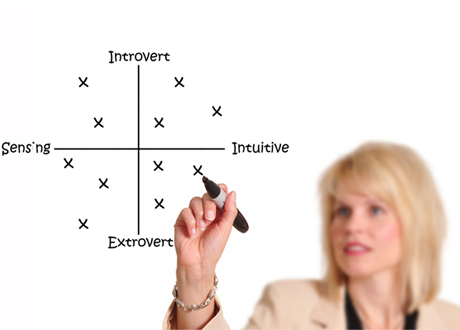Innovation and Personality Types
How come that upper middle managers and entrepreneurs look at things in different ways? The answer lies partly in their personality types. It is known that certain personality types work better in certain situations than other. This is also valid for the innovation area, as Bengt Järrehult describes below.





